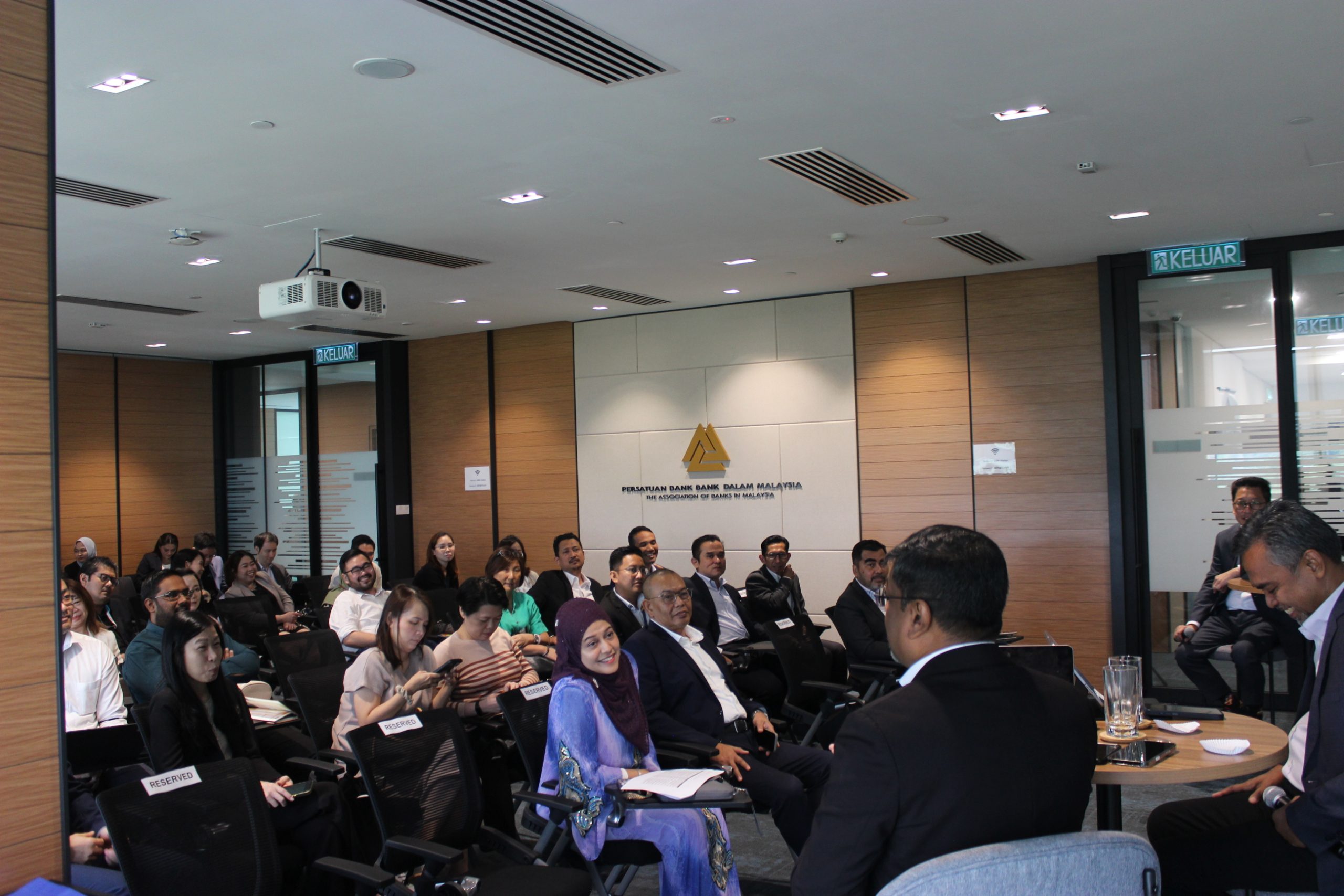
𝐓𝐚𝐱 𝐆𝐨𝐯𝐞𝐫𝐧𝐚𝐧𝐜𝐞 𝐢𝐬 𝐂𝐡𝐚𝐧𝐠𝐢𝐧𝐠! 𝐇𝐞𝐫𝐞’𝐬 𝐇𝐨𝐰 𝐀𝐁𝐌 𝐢𝐬 𝐋𝐞𝐚𝐝𝐢𝐧𝐠 𝐭𝐡𝐞 𝐂𝐡𝐚𝐫𝐠𝐞 (8 August 2025)
Ever wondered what goes on behind the scenes to ensure a company’s tax affairs are not just compliant, but also transparent and ethical? That’s the essence of tax governance. It’s more than just paying your dues; it’s a strategic framework of policies and processes that guarantees a business manages its tax responsibilities with accuracy and integrity.
A robust framework typically stands on a few key pillars: a clear tax policy, well-defined roles and responsibilities, systematic controls to manage risks, regular compliance monitoring, and transparent reporting. It’s the engine that drives a business’s tax decisions and ensures they are well-controlled and properly reported.
In a significant move toward greater clarity and cooperation, The Association of Banks In Malaysia (ABM), together with LEMBAGA HASIL DALAM NEGERI (IRBM), hosted an engagement session on 8 August 2025 with industry members, titled “TCG Engage+ with the Bankers: TCG – The Future Is Now”.
Led by Datuk Hisham Rusli, Deputy Chief Executive Officer (Compliance) of the IRBM, Mr Vijayen Nagalingham, Director of Special Industry Branch, IRBM, MrBernard Yap, Malaysia Private Tax Leader and Financial Services Partner at EY Tax Consultants Sdn Bhd and moderated by Surin Segar FCPA (Aust) CA (M), Group Head – Tax, Maybank and Chairman of ABM Tax Working Group, this pivotal engagement session focused on the new Tax Corporate Governance Framework. This session brought together key players from across the banking sector—including members of the Malaysian Investment Banking Association, Association of Islamic Banking and Financial Institutions Malaysia (AIBIM), and Association of Development Finance Institutions of Malaysia (ADFIM) to explore how this framework can offer greater certainty and clarity in tax matters while also strengthening their crucial ESG reporting.
This framework is a powerful tool for building trust and ensuring ethical practices in the financial world. It makes us think about the bigger picture beyond just compliance.
How do you see a strong tax governance framework influencing a company’s public image and stakeholder trust?
What is the biggest challenge your organization might face in implementing this new framework?
Considering the link to ESG, how can tax transparency be leveraged as a key performance indicator for corporate responsibility?
Let us know your thoughts below!









